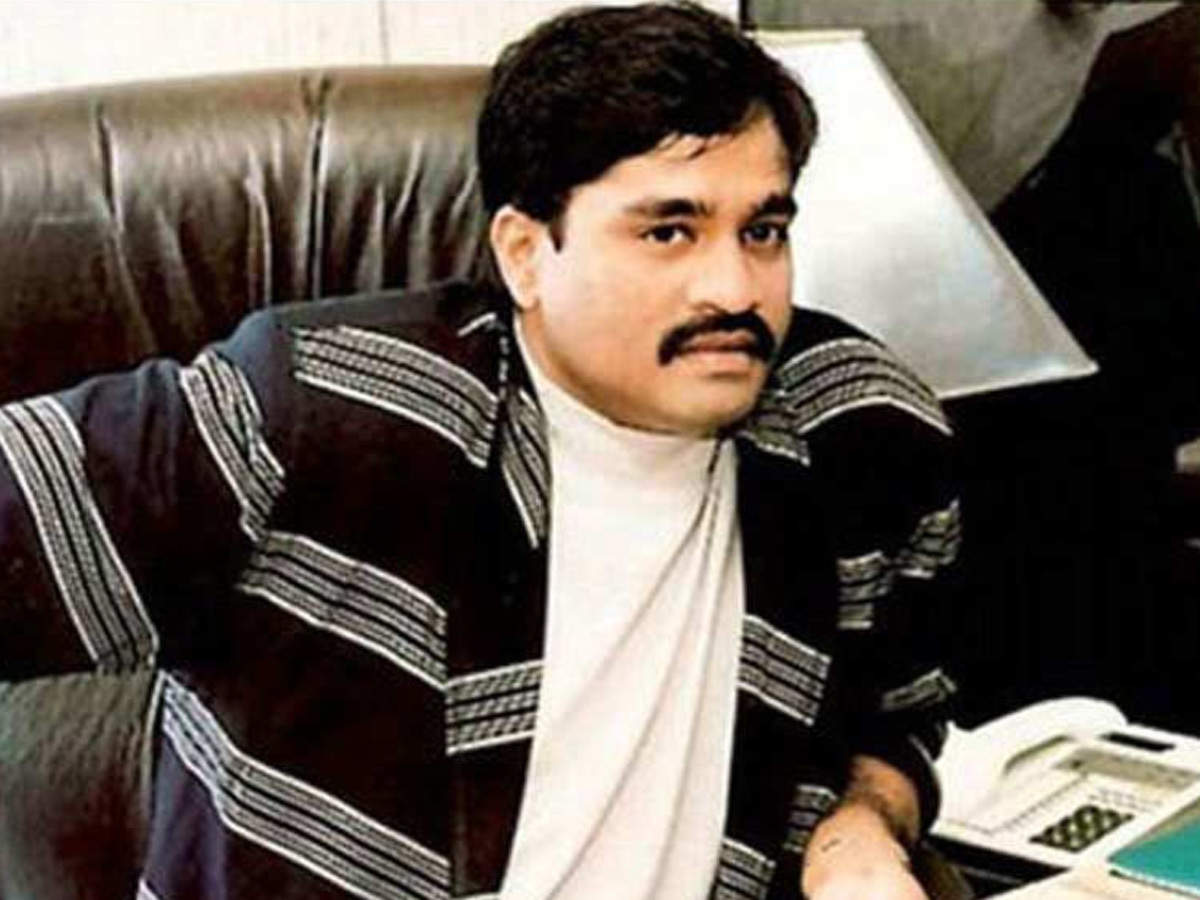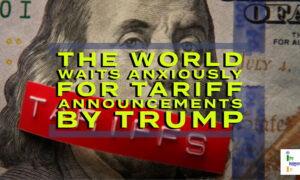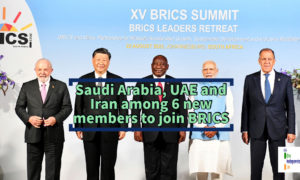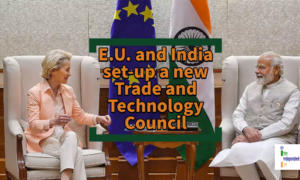
A day after Pakistan’s Ministry of Foreign Affairs published as a Statutory Regulatory Order (SRO) stating that underworld don Dawood Ibrahim is in Karachi, it took a U-Turn and stepped back from its earlier acknowledgement.
Pakistan further said that SRO reflects the current status of the U.N. sanction list and is a routine matter. It also said the individuals concerned are not named by its national counter-terrorism authority and reports about Pakistan imposing new sanctions measures are incorrect.
A statement from Ministry of Foreign Affairs read, “The SROs issued reflect information contained in the list entry of UN designated individuals/entities. The reports in certain sections of the media about Pakistan imposing new sanctions measures, through these SROs, are not factual. Similarly, the assertions made by some sections of the Indian media, as to Pakistan admitting to the presence of certain listed individuals on its territory, based on the information contained in the SRO, are baseless and misleading.”
Earlier on Saturday, i.e., August 22, 2020, fearing blacklisting by Paris based Financial Action Task Force (FATF), Pakistan had admitted that the underworld don Dawood Ibrahim is in Pakistan.
The serial blasts which created havoc in Mumbai in 1993 were masterminded by Dawood. He heads the Indian organised crime syndicate D-Company which he founded in Mumbai in the 1970s. Dawood is wanted on the charges of terrorism, murder, extortion, targeted killing, drug trafficking and various other cases. He was designated as a global terrorist in 2003 by India and the United States (U.S.) with a reward of U.S. $ 25 million on his head. Pakistan, which is known for promoting terrorism in India, has always denied the presence of Dawood in the country.
Besides, the SRO also mentioned 88 terrorists including the likes of Azhar Masood, Hafiz Saeed and Zakiur Rehman Lakhvi. Masood Azhar is the Founder of Pakistan-based terrorist organisation – Jaish-e-Mohammed (JeM). He has carried out numerous heinous terror acts in India including the Parliament attack in 2001, the 2016 Pathankot attack and the Pulwama attack of 2019 in which more than 40 India personnel of Central Reserve Police Force (CRPF) were martyred. In 2019, United Nations (U.N.) declared him as global terrorist.
Another most wanted terrorist, Hafiz Saeed is the Co-Founder of terror group – Lashkar-e-Taiba (LeT) and the Chief of Jama’at-ud-Da’wah (JuD). In April 2012, U.N. announced a bounty of U.S. $ 10 million on Saeed for his alleged role in 26/11 Mumbai terror attacks in 2008, which killed 164 civilians. Zakiur Rehman Lakhvi is a top leader of LeT and currently serves as Supreme Commander of operations in Kashmir and as a member of LeT’s General Council. He is listed on India’s NIA Most Wanted list. He also played a major role in organising the 26/11 Mumbai attack.
The 83 pages SRO mentioned Dawood’s address as “White House, Near Saudi Mosque, Clifton in Karachi”. 2 more properties were mentioned in the list at “House Nu 37, 30th Street, Defence Housing Authority (DHA), Karachi” and “Palatial Bungalow in the hilly area of Noorabad in Karachi”. The same addressed were mentioned in the SROs that Pakistan had issued in 2015 and 2019.
The Pakistani Government had also ordered seizure of all movable and immoveable properties of these outfits and individuals and freezing of their bank accounts. These terrorists have been barred from transferring money through financial institutions, purchasing arms and travelling abroad etc.
Pakistan has been in the grey list since June 2018 and the Government had given a final warning in February 2020 to comply with the action points by June 2020. The FATF extended the June deadline to September due to the spread of Coronavirus (COVID-19). If Pakistan fails to comply with the action points, it will join the list of black-listed nations which also includes North Korea and Iran. Even if they are retained in ‘Grey List’, it would mean downgrading by the International Monetary Fund (IMF), the World Bank, the Asian Development Bank (ADB) and the European Union (E.U.). The downgrading will make it impossible for Pakistan to procure fresh funds to revive its economy.







